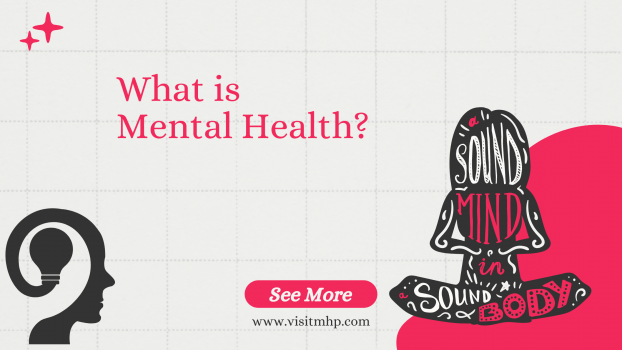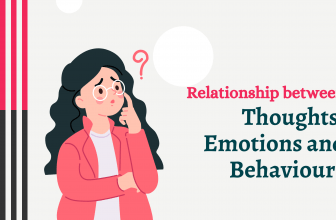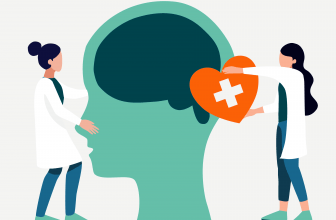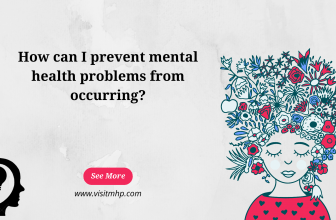Mental health is important because it allows individuals to live happier and healthier lives. Individuals who have good mental health are better able to do more and live a fuller life. Therapy and coaching can help people improve their mental health and live happier lives.
But before we talk more about mental health, let’s talk about you…
You want to be able to enjoy life as much as possible, while at the same time protecting yourself from the stressors that are bound to happen in life. You want to avoid feeling anxious and depressed so that you can always have a positive outlook on life and enjoy life’s simple pleasures. You want to be able to deal with everyday issues without having to rely on drugs or alcohol to cope with your problems.
But the problem is, sometimes things just don’t work out as planned. Your spouse or partner leaves you for someone else. Your child is being bullied at school and it hurts your heart to see them suffering. Your company is downsizing and you are afraid that you may be out of a job. These situations are bound to cause a great deal of stress. And if you are not careful, you could end up spiralling down into a deep state of depression.
The fact is, if you are struggling with mental health problems, you are not alone. There are millions of people who struggle with these issues every single day. You do not need to feel ashamed about this… It is perfectly normal to struggle from time to time with mental health issues. But there is help available…
What stops people from seeking help for mental and emotional well being?
Most people do not understand and take care of their mental health. They do not seek professional help early enough. Most wait till the emotional pain becomes intense and difficult to manage which leads to suffering and pain that could have been avoided by taking precautionary steps. The reasons why people do not seek help soon enough include:
- People may not fully understand what mental health is and why it’s important
- There is a stigma around mental health that can prevent people from seeking help
- Mental health is a complex topic and there is a lot to learn about it
So the first step towards developing mental well-being and seeking help is to understand what is mental health and why it is important?
What is Mental Health?
According to the World Health Organization (WHO), Mental health is a state of well-being in which every individual realizes his or her own potential, can cope with the normal stresses of life, can work productively and fruitfully, and is able to make a contribution to her or his community.
Good mental health allows people to lead full and meaningful lives.
Mental health encompasses our emotional, psychological, and social well-being, and it is necessary for us to function effectively both in our personal lives and in the broader community. Good mental health allows us to feel confident and capable, while poor mental health can lead to isolation, depression, anxiety, and other problems. By understanding the importance of mental health and how therapy and coaching can help improve it, we are better equipped to take care of ourselves both mentally and physically.
In short Mental health is a critical part of overall well-being. It affects how we think, feel, and behave. When our mental health is good, we can cope with life’s challenges, enjoy life, and do our best. However, when our mental health is not good, it can affect every area of our lives. We may not be able to cope with stressors, we may struggle to make friends or maintain relationships, and we may have difficulty succeeding in school or at work.
Now that you understand what is mental health and why is it important, the next step is to understand the difference between Mental Illness and Mental Well-being.
What is the difference between Mental Illness and Mental Well-being?
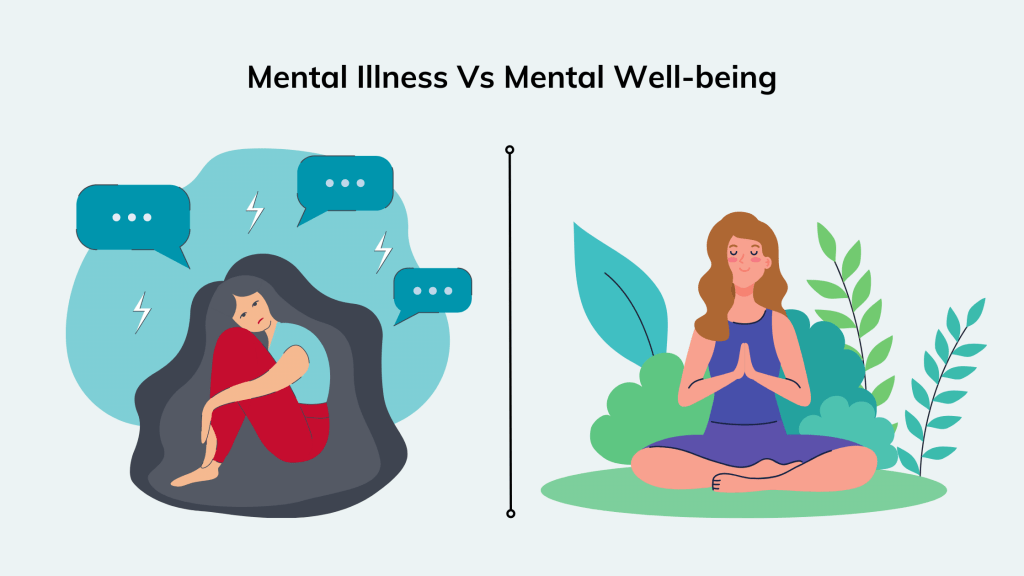
Mental Illness is a condition where a person experiences some form of mental disorder. It is a term used to describe a wide range of conditions that affect the mind. These disorders are usually associated with problems with mood, thinking, and behaviour. Mental Illness can be a long-term condition or one that can be temporary. It can be caused by a number of factors including a physical illness, substance abuse, trauma, or genetic factors.
Mental Well-being is the opposite of Mental Illness. Mental Well-being is a state of mind that can be defined as a positive, fulfilling, and satisfying emotional, psychological, and social state. It involves being mentally healthy and having good mental health. It can be described as a state of being mentally well, being mentally strong, or having good mental health.
When talking about mental illness and mental well-being, it is important to also remember that therapy can help people who are struggling with mental illness and also those looking at ways of enhancing mental well-being.
Top 3 ways in which therapy can help
- Therapy can help you learn more about yourself and how to better manage your mental health
- Therapy can help you develop healthy coping mechanisms for dealing with stressors and difficult situations
- Therapy can provide you with a supportive environment where you can discuss your thoughts and feelings openly without judgement
If you are still not sure why it is important for you to regularly connect with a therapist to enhance your mental well-being, here are some facts that should may you realise that the problem is real and it is better to focus on precautions rather than waiting for too long and letting the problem become too serious.
Some Facts about mental illness
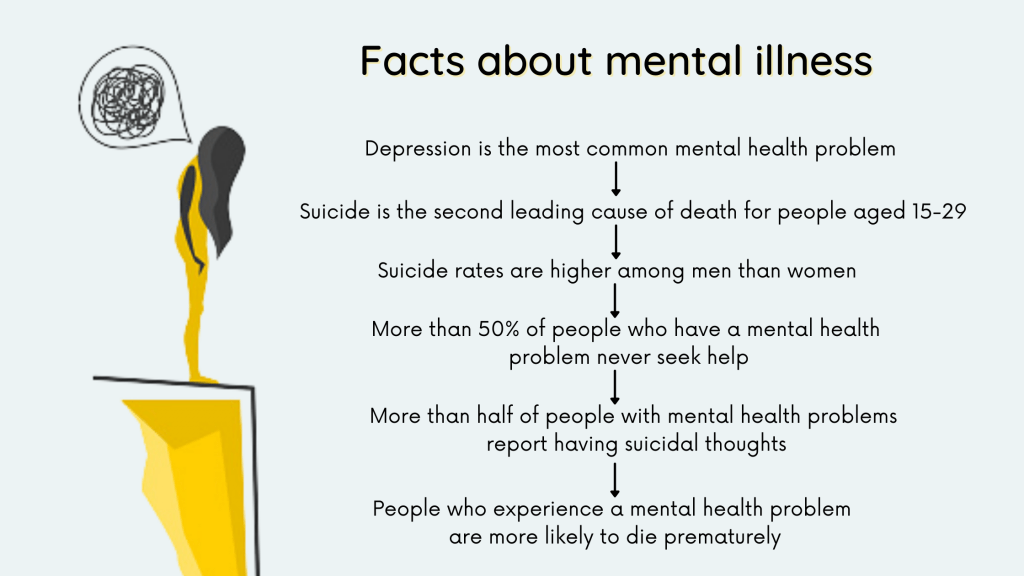
Fact 1: Depression is the most common mental health problem
Depression is the most common mental health problem. Approximately 350 million people worldwide suffer from depression, including children and adolescents. This number is expected to increase over the next decade.
Depression affects people differently. Some people have mild depression, while others have severe depression. Common symptoms of depression include changes in appetite and sleep and feelings of hopelessness or loss of interest in activities that once gave them pleasure.
Fact 2: Suicide is the second leading cause of death for people aged 15-29
In 2016, suicide was the second leading cause of death for people aged 15-29, accounting for more than 20,000 deaths each year. The rate of suicide has been steadily increasing in the past three decades, according to the World Health Organization. In 2016, suicide was the cause of death in more than 800,000 people worldwide.
Fact 3: Suicide rates are higher among men than women
While the suicide rate in men is approximately four times that of women, most suicides occur in men. Suicide is the 10th leading cause of death among men and the 14th leading cause among women.
Fact 4: More than 50% of people who have a mental health problem never seek help
In the U.S., only about one-third of people who have a mental health problem seek treatment, even when they need it. This is especially true for children and adolescents. Many people with mental health problems do not seek help because they think that their symptoms are normal and will go away on their own. They also may fear the stigma associated with mental illness. Some people also believe that seeking help requires too much time or money.
Fact 5: More than half of people with mental health problems report having suicidal thoughts
Approximately 60% of people who have a mental health problem report having suicidal thoughts at some point in their lives. People with mental health problems who report having suicidal thoughts often engage in suicide attempts. Some people who have attempted suicide have been hospitalized in a psychiatric ward.
Fact 6: People who experience a mental health problem are more likely to die prematurely
People with mental health problems are more likely to die prematurely. In 2016, suicide was the leading cause of death for people aged 15-29, accounting for about 75,000 deaths each year. Mental health problems can be the cause of death in many cases, especially among young adults. Suicide is the most common method of suicide among people with mental health problems.
Mental health is an important factor in our life and if we ignore it then we will have some serious consequences. So, it’s high time that we should take this issue seriously.
I believe that if more people had an understanding of the importance of mental health and how therapy and coaching can help them do more and live a happier life, then we would see a tremendous improvement in both the overall mental health of our society and the way that people view and treat those who experience mental and emotional disturbances.
Nitin Shah – CEO ICHARS
Simple steps – Before, during and after therapy
- Learn about the different types of therapy available.
- Identify what you hope to gain from therapy
- Find a therapist who is a good fit for you
- Talk openly and honestly with your therapist about your goals and progress
- Be patient – change doesn’t happen overnight! It may take a couple of weeks for you to begin to notice the changes but be rest assured, the patience is worth the results you get.
- Seek out additional resources if you need help achieving your goals
- Celebrate your successes along the way
- Keep an open mind and be willing to explore new things
Summary
Mental health is an important topic because it encompasses our well-being and happiness. It can be affected by our environment, thoughts, emotions, relationships, and behaviours. Maintaining good mental health is crucial to living a productive and fulfilling life. There are many ways to promote and maintain mental health, including therapy and coaching.
What next
If you are for a therapist who can help you experience and sustain mental well being, click here to find the therapist that is right for you.
Remember Mental health is important because it allows you to do more and live happier and healthier lives.

